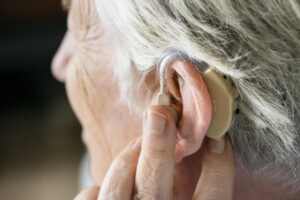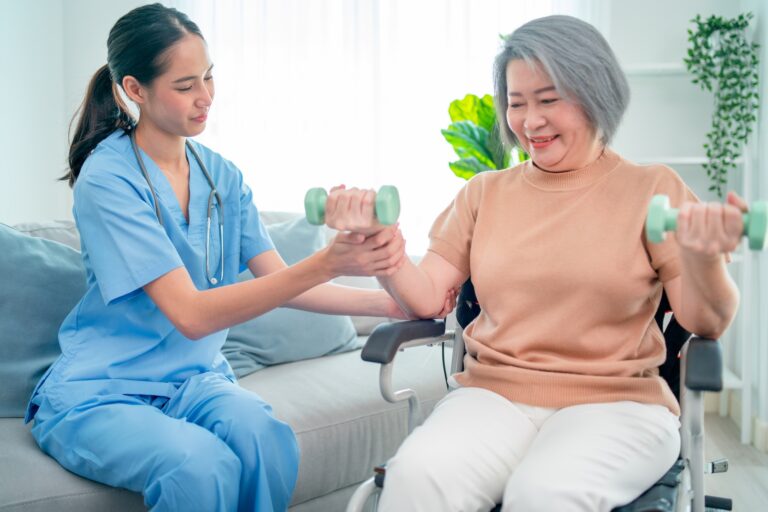One of the most common difficulties reported by seniors; who want to live independently in their homes is arthritis. Nearly 50% of all seniors over the age of 65 have some form of diagnosed arthritis. The Centers for Disease Control and Prevention (CDC) estimates that by 2040, arthritis will affect 78 million Americans. That’s why the Arthritis Foundation sponsors Arthritis Awareness Month in May. To focus on the ways in which arthritis affects seniors and to highlight their fight to find a cure.
Types of Arthritis that Affect Seniors
While there are over 100 different conditions of arthritis, there are a few main types that affect seniors. They vary widely in how debilitating they can be. The most common types of arthritis in seniors are:
- Osteoarthritis (OA) accounts for nearly 60% of all cases of arthritis, and is generally what people think of when they think of arthritis. Pain, swelling, and decreased range of motion are the main symptoms, and it is most likely to strike the hands, knees and hips. Treatment ranges from pain management and exercise, all the way to surgery.
- Rheumatoid Arthritis (RA) is an autoimmune disorder, meaning the body’s immune system mistakenly believes that healthy cells in the joints are actually dangerous, and attacks them, causing inflammation, pain and swelling.
- Fibromyalgia is a serious condition in which the person feels unexplained pain throughout the entire body.
- Gout is a type of inflammatory arthritis that usually affects one joint at a time, frequently the joint in the big toe. Gout can flare up and go into remission, and it can also lead to gouty arthritis, which is more degenerative.
It is also possible for children to get arthritis. Typically known as juvenile arthritis, which resembles RA, but can frequently go into permanent remission.
Home Care Can Help Seniors with Arthritis
There are two major challenges for seniors with arthritis who prefer to live at home. The first is mobility, meaning it can be difficult for seniors to get around, both in and out of their homes. There are several ways an in-home care aide can help seniors with mobility issues related to arthritis. For example, a professional care aide can assist with running errands like grocery shopping or trips to the dry cleaner. Doing these types of activities can be difficult and painful for seniors with arthritis. And it’s something a home care aid can easily do for you. Additionally, seniors with serious arthritis in their hips or knees may have difficulty bathing because of the pain associated with getting in and out of the bathtub or shower. An at-home care aide can help with personal care tasks like bathing.
Seniors with arthritis can also have difficulty with fine motor skills. This can include everything from opening a medication bottle to buttoning a shirt. Pain in the joints of the hands and fingers can affect everything a senior needs to do throughout the day. In-home care aides can assist with dressing and essential hygiene to make the process less difficult. And they can help with tasks like meal preparation and clean-up or light housekeeping that may be too painful for seniors to handle on their own.
How Seniors in Home Care Can Prevent and Treat Arthritis
It’s not possible to completely prevent or cure arthritis, but there are things that can be done to lower the risk, or manage the disease once it strikes.
- Eat plenty of fish for prevention – Studies have shown that eating fish rich in omega-3 fatty acids (such as salmon, tuna and cod) can reduce the risk of arthritis because of the natural anti-inflammatory nature of omega-3 fatty acids.
- Lose weight for both prevention and treatment – Carrying extra weight can greatly increase the load on your knee and hip joints.
- Exercise – Strengthening the muscles around your joints will help support them, not to mention the weight loss benefits.
- Protect joints from injury – Arthritis can be exacerbated by injury. Avoiding activities that place too much strain on the joints can keep them healthier. Consider, for example, swimming for exercise rather than jogging to reduce stress on knee joints.
Treatment can take many forms as well. Your medical professional may prescribe anti-inflammatory medications, or even recommend surgery to replace knee, hip or shoulder joints.
Finding a Cure for Arthritis
While there is no cure for arthritis currently, there are organizations seeking to find one. The Arthritis National Research Foundation funds millions of dollars of research toward finding a cure. Many advances have been made over the years toward this goal. And it is their goal to make sure that seniors don’t have to live with the debilitating effects of arthritis forever.
Home Care Powered by AUAF has Home Care Assistance for Seniors with Arthritis
Whether it’s a mild case of OA that prevents seniors from cooking meals for themselves or a more serious case of gout that affects their ability to get around, Home Care Powered by AUAF has the resources for seniors with arthritis to comfortably and successfully continue living at home. Find out more about our services or get started by calling us at or contact us today.











